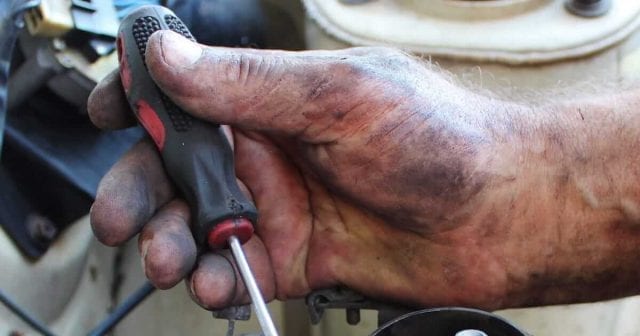In 2014 alone, nearly 53 million vehicles were recalled by different manufacturers for safety reasons. While that was one of the worst years for recalls in recent times, it’s no better now. Every time you turn around there was another report of another vehicle with a brake problem, a child restraint problem, or a fuel pump issue. When it happens, it means that drivers are on the road operating vehicles that aren’t safe.
Recalls should never be ignored and must be acted upon quickly.
HOW RECALLS HAPPEN
When a car manufacturer realizes, whether through multiple accidents or their own testing, that some part of one of their vehicle is unsafe, they are required to notify the National Highway Traffic Safety Administration (NHTSA). If they don’t, the NHTSA can sue the manufacturers. Once the notification has been made, automakers must then notify owners of the affected vehicles. Only the first owner of a vehicle is notified so if you bought your car or truck used, you won’t receive a recall notice.
The recall notice will detail the problem with the vehicle. You’ll receive a letter in the mail that has “Recall Notice” stamped on the envelope. Don’t ignore this when you get it. You won’t receive a second notice unless the replacement parts weren’t available; the second notice lets you know that parts are available and to make an appointment to have your vehicle repaired.
WHAT TO DO FOR A RECALL
When you get the notice, don’t panic. Most of the time you can still drive your vehicle with no problems, but don’t wait to have the part fixed or replaced.
- Call a local dealership that sells the brand of your vehicle. You don’t have to go to the dealership where you bought your car.
- Make an appointment with the service department for the repairs. If the parts aren’t available yet, there may be a wait.
As long as your vehicle is less than 10 years old, there will be no charge for the recall repair/replacement. Keep your appointment and get your car fixed as soon as possible.
If you found the problem before the recall was issued and had it repaired up to a year prior to the recall, you can be reimbursed. The cost of repairs made at a local dealership should be refunded with no problem. If you went to an independent mechanic, you may need to show your receipt in order to be reimbursed.
WHEN YOU DRIVE A USED VEHICLE
Owners of used vehicles won’t receive the notice that original owners of new vehicles will. Buying your used car from the dealership that sells your brand gives you some piece of mind. If you bought a used Toyota at a Toyota dealership, the service department will have checked for recalls and made the repairs.
However, the dealership won’t check brands they don’t sell, so if you buy a Dodge at the Toyota dealership, it will be your responsibility to check for recalls. The same is true if you go to a used car lot and buy any vehicle from an independent dealership.
You don’t have to stay in the dark about your used vehicle. You can check for recalls yourself before you buy or on your current car. The NHTSA runs a website called SaferCar.gov which offers a recall check using your vehicle’s Vehicle Identification Number (VIN). If you’ve never checked your current vehicle, do that as soon as possible.
When you receive a recall notice or find recall information online, have the repairs done as soon as possible. Recalls occur for safety issues, which means you could be driving a vehicle that is a hazard to you, your family, and everyone else on the road until you get it fixed.

